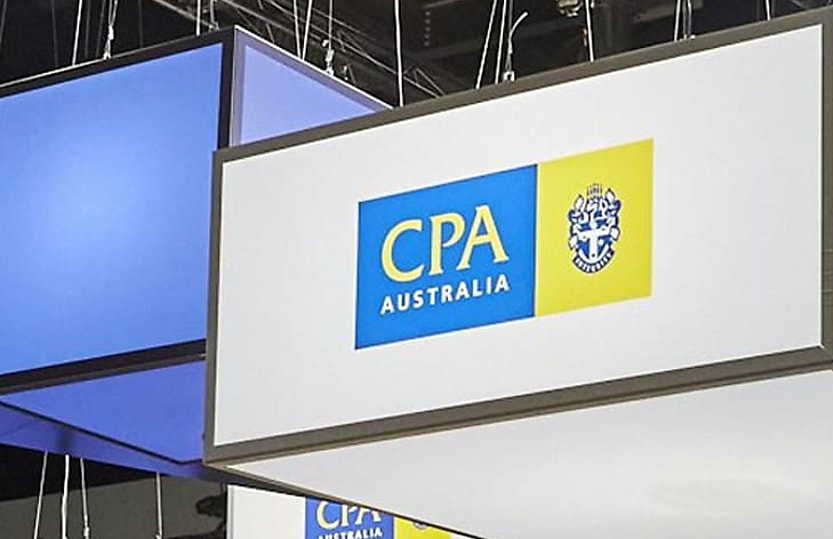Too soon for more promoter penalty changes: CPA Australia

Advisers still need time to adapt to reforms to the regime’s scope and penalties that kicked in just six months ago, the body has warned.
CPA Australia has opposed the government’s plans for more changes to promoter penalty laws and says tax advisers are still struggling to come to terms with the regime that was beefed-up in wake of the PwC scandal.
In a submission to Treasury, CPA Australia said recent amendments to Division 290 of the Tax Administration Act, were already causing consternation among members and “not well understood by the tax practitioner community”.
“The recent changes to Division 290 have significantly broadened the scope of the promoter penalty regime,” the submission said. “We hold concerns that the regime goes beyond what is required to address the mischief the regime is designed to address.”
“In the absence of more specific evidence regarding current deficiencies with Division 290 and impacted cases, CPA Australia is not supportive of any additional legislative changes to the regime at this time.”
The consultation is part the fifth of eight government reviews into tax adviser misconduct launched in response to the PwC tax leak sandal.
It comes after Parliament passed the Treasury Laws Amendment (Tax Accountability and Fairness) Act 2024 in May, introducing tax promoter penalties of up to $780 million and stronger protections for whistleblowers.
Changes to Division 290 also expanded of the promoter penalty regime’s scope, including a broader definition of what it means to be a “promoter”.
The Treasury consultation paper, released last month, proposes introducing grouping rules to address the conduct of associates of tax schemes, as well as altering an exemption under Division 290 providing that “an entity is not a promoter of a tax exploitation scheme merely because they provide advice about the scheme”.
But CPA Australia said further changes should not be considered until the provision’s effectiveness could be tested through litigation.
“The changes and their breadth are not well understood by the tax adviser community, and litigation under the amended laws is first required to judge their effectiveness and identify deficiencies,” it said.
“Sufficient time has not passed to understand the effectiveness of the amendments and the impact of these changes on promoter behaviours.”
With members not reporting issues or observing non-compliance, CPA Australia said the existing framework of laws and regulations – including significant funding for the ATO’s Tax Avoidance Taskforce – was having a “strong” deterrent effect for tax exploitation schemes.
“The suite of responses to promoter behaviours, including promoter penalty laws appear to be capable of having a real time impact in preventing the promotion of and participation in schemes,” it said.
CPA Australia also cautioned against making the “mere advice” exception too restrictive, warning it could deter tax practitioners from providing legitimate guidance to clients on tax matters.
About the author







